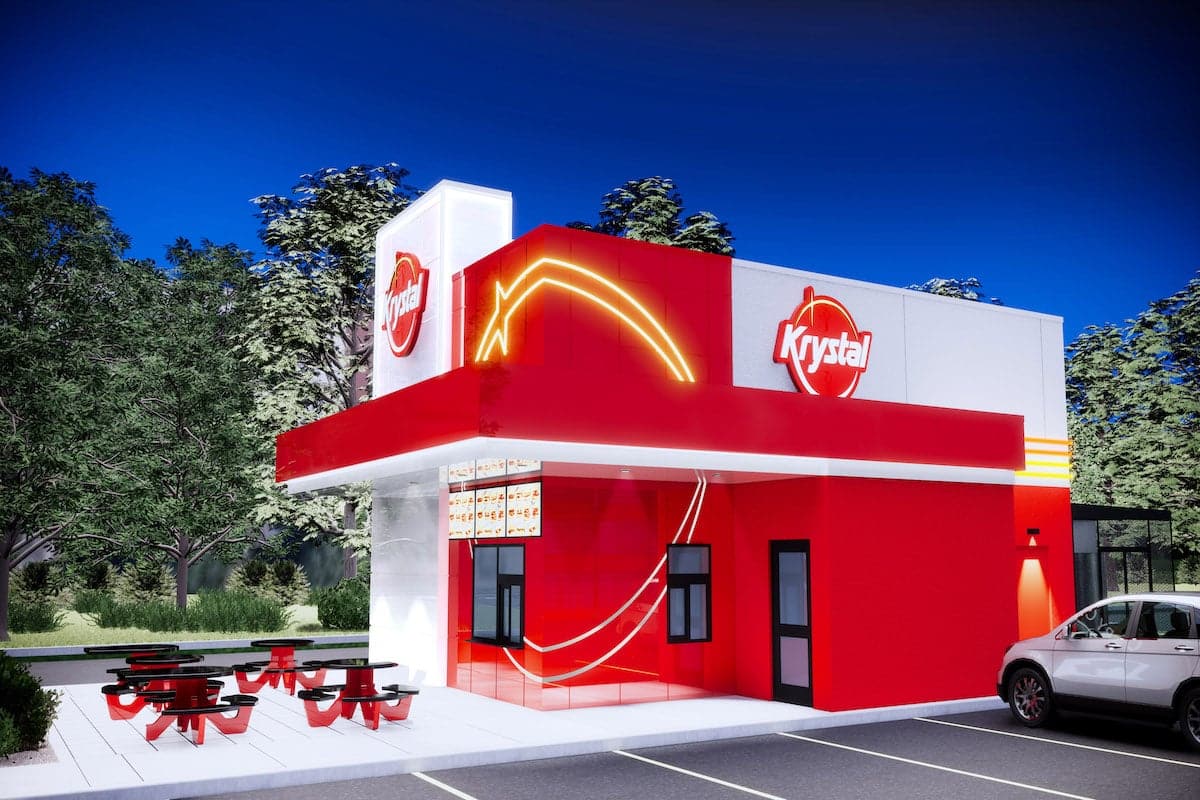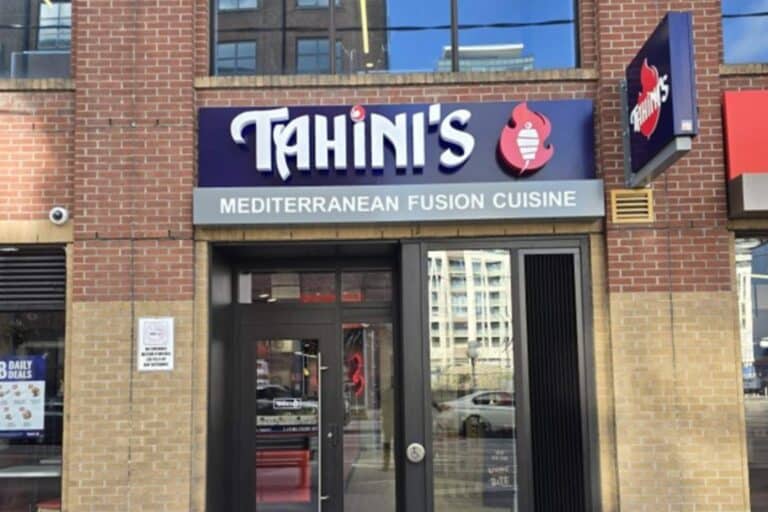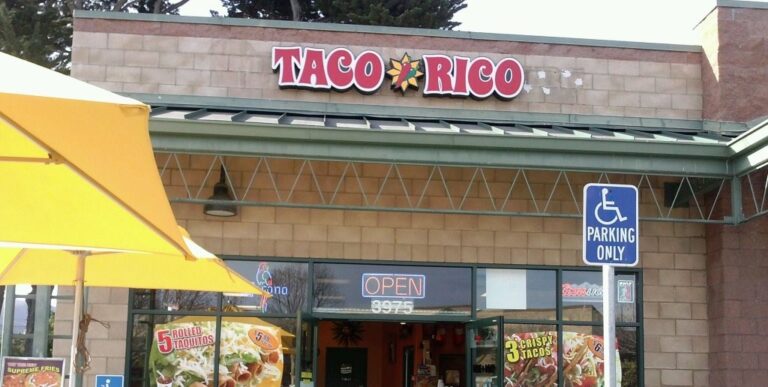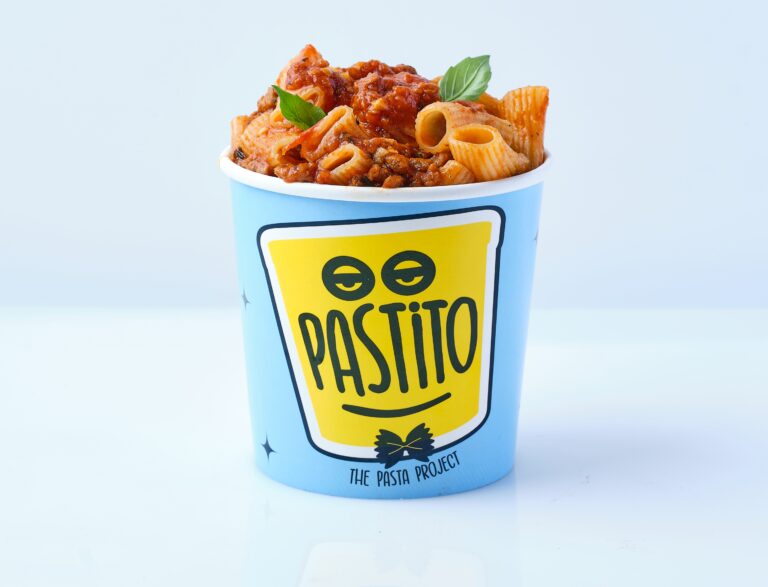Krystal Franchise FDD, Profits & Costs (2025)

Krystal is a renowned American fast-food chain that has been serving its iconic small, square hamburgers since its founding in 1932, in Chattanooga, Tennessee.
Established by Rody Davenport Jr. and J. Glenn Sherrill during the early years of the Great Depression, the duo believed that even in challenging economic times, people would appreciate a restaurant that was impeccably clean and offered quality food at affordable prices.
The name “Krystal” was inspired by Davenport’s wife, who, upon seeing a crystal ball lawn ornament, suggested the restaurant should be as “clean as a crystal,” leading to the distinctive name with a “K” for a unique twist.
Initially, Krystal focused on company-owned operations and began franchising in 1990, allowing entrepreneurs to open their own Krystal locations. Over the years, the brand has expanded its menu to include items like the Krystal Chik, a small fried chicken sandwich, while maintaining its commitment to quality and cleanliness.
Initial Investment
How much does it cost to start a Krystal franchise? It costs on average between $788,000 – $2,160,000 to start a Krystal franchised shop.
This includes costs for construction, kitchen equipment, inventory, and initial operating expenses. The total investment varies based on factors such as the type of Krystal restaurant model selected, the location, and whether the franchisee opts to lease or purchase the property. Indeed, Krystal offers 2 types of franchises:
| Type of Krystal Franchise | Initial Investment Range |
|---|---|
| Standard Traditional or Non-Traditional Franchise | $1,380,500 – $2,160,000 |
| Conversion Franchise | $787,000 – $1,520,000 |
We are summarizing below the main costs associated with opening a Standard Traditional or Non-Traditional Krystal Franchise. For more information on costs required to start a Krystal franchise, refer to the Franchise Disclosure Document (Item 7).
| Type of Expenditure | Amount Range |
|---|---|
| Initial Franchise Fee | $35,000 – $35,000 |
| Professional Fees and Closing Costs | $6,000 – $10,000 |
| Site Development | $300,000 – $500,000 |
| Building Construction | $500,000 – $800,000 |
| Equipment | $280,000 – $330,000 |
| Computers, Network, and POS Systems | $30,000 – $60,000 |
| Signage | $50,000 – $140,000 |
| Insurance | $9,000 – $15,000 |
| Architecture Fees and Permits | $55,000 – $80,000 |
| Onsite Assistance and Opening Support | $10,000 – $10,000 |
| Opening Training Expenses | $12,000 – $15,000 |
| Initial Inventory | $12,000 – $18,000 |
| Grand Opening Advertising | $7,500 – $15,000 |
| Miscellaneous Opening Costs | $24,000 – $32,000 |
| Additional Funds – 3 Months | $50,000 – $100,000 |
| Total Estimated Initial Investment | $1,380,500 – $2,160,000 |
Average Revenue (AUV)
How much revenue can you make with a Krystal franchise? A Krystal franchised restaurant makes on average $964,000 in revenue (AUV) per year.
Here is the extract from the Franchise Disclosure Document:

Krystal Franchise Disclosure Document
Frequently Asked Questions
How many Krystal locations are there?
As of the latest data, Krystal operates a total of 280 locations across the United States. This includes 143 franchised units and 137 company-owned units. The brand continues to expand through franchising while also maintaining a strong presence with corporate-owned restaurants.
What is the total investment required to open a Krystal franchise?
The total investment required to open a Krystal franchise ranges from $788,000 to $2,160,000.
What are the ongoing fees for a Krystal franchise?
Krystal franchisees are required to pay an ongoing royalty fee of 5% of their gross sales. Additionally, there is a marketing fee set at 4.5% of gross sales, which contributes to the brand’s advertising and promotional efforts.
Who owns Krystal?
Krystal franchise is owned by SPB Hospitality, a multi-brand restaurant operator headquartered in Houston, Texas. SPB Hospitality acquired Krystal in April 2023, adding the quick-service chain to its diverse portfolio, which includes brands such as Logan’s Roadhouse, Old Chicago Pizza & Taproom, and J. Alexander’s.
Prior to this acquisition, Krystal was owned by Fortress Investment Group, which had purchased the company out of bankruptcy in 2020. The merger with SPB Hospitality aims to leverage shared services and operational efficiencies while allowing Krystal to maintain its unique brand identity.
Disclaimer
Disclaimer: This content has been made for informational and educational purposes only. SharpSheets is an independent educational resource and is not affiliated with, endorsed by, or representing any franchisor mentioned on this website. Where noted, figures are taken from the franchisor’s Franchise Disclosure Document (FDD). In some cases, we may provide independent calculations or estimates based on publicly available information. We do not make any representation or warranties with respect to the accuracy, applicability, fitness, or completeness of the information presented in the article. You should not construe any such information or other material as legal, tax, investment, financial, or other professional advice. Nothing contained in this article constitutes a solicitation, recommendation, endorsement, advertisement, or offer to buy or sell any franchises, securities, or other financial instruments in this or in any other jurisdiction in which such solicitation or offer would be unlawful under the franchise and/or securities laws of such jurisdiction.
All content in this article is information of a general nature and does not address the detailed circumstances of any particular individual or entity. Nothing in the article constitutes professional and/or financial and/or legal advice, nor does any information in the article constitute a comprehensive or complete statement of the matters discussed or the law relating thereto. You alone assume the sole responsibility of evaluating the merits and risks associated with the use of any information or other content in this article before making any decisions based on such information or other content.




